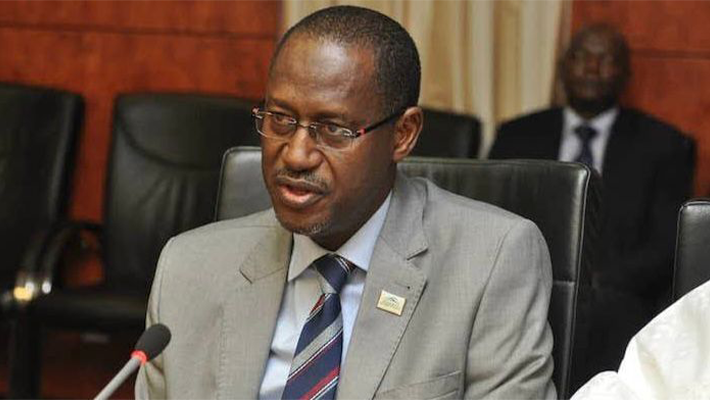The federal government has unveiled new land administration initiatives aimed at boosting housing transactions by 50% and increasing Nigeria’s GDP by 30%.
The Minister of Housing and Urban Development, Ahmed Dangiwa, revealed this during a sector retreat in Lagos on Wednesday.
The retreat, themed *“Actualising the Renewed Hope Agenda for Housing and Urban Development”*, marked Dangiwa’s first since assuming office.
New Land Reforms and Strategic Partnerships
Dangiwa explained that his ministry established a land reform task team, submitting a blueprint for effective land governance.
The government, partnering with the World Bank and states, is implementing a National Land Registration and Titling Programme.
“The plan is to formalise land transactions by 50% over ten years, unlocking $150 billion in dead capital,” Dangiwa stated.
He added that this would increase Nigeria’s GDP by 30%, boosting financial inflows and stimulating national economic growth.
The World Bank conducted its first technical mission in November and is scheduled for another visit in March.
Scaling Up Housing Projects Nationwide
Addressing Nigeria’s significant housing deficit, Dangiwa outlined ambitious goals for delivering 500,000 housing units annually.
“In 19 months, we established 14 active construction sites, with 10,112 units nearing completion at roofing stages,” he said.

The minister expressed confidence that all units would be completed within three years, closing the housing deficit significantly.
The National Housing Programme, started in 2016, aimed for 7,522 units but has only delivered 3,388 units so far.
Housing as a Catalyst for Economic Growth
Dangiwa emphasized housing’s critical role in national development, citing its economic impact and contribution to national security.
“Investment in housing and urban development is a moral necessity and an economic imperative for Nigeria’s growth,” he said.
Providing affordable homes and building livable communities not only enhances lives but also strengthens patriotism and economic stability.
He highlighted that 43 million Nigerian households currently live in substandard housing conditions or poorly developed slums.
The minister also commended recent National Assembly interventions aimed at increasing funding for critical housing projects.
Policy Initiatives and the Road Ahead
Dangiwa outlined policies to improve housing finance, boost production, and encourage partnerships for sustainable urban development.
“The government is committed to addressing housing shortages by delivering affordable homes through strategic public-private collaborations,” he stated.
Social housing initiatives and formalised land transactions are key pillars in bridging Nigeria’s widening housing gap.
Despite past failures spanning 50 years, Dangiwa expressed optimism about achieving lasting solutions through renewed efforts.
By leveraging partnerships and prioritizing housing, the government aims to unlock economic growth and secure national prosperity.



